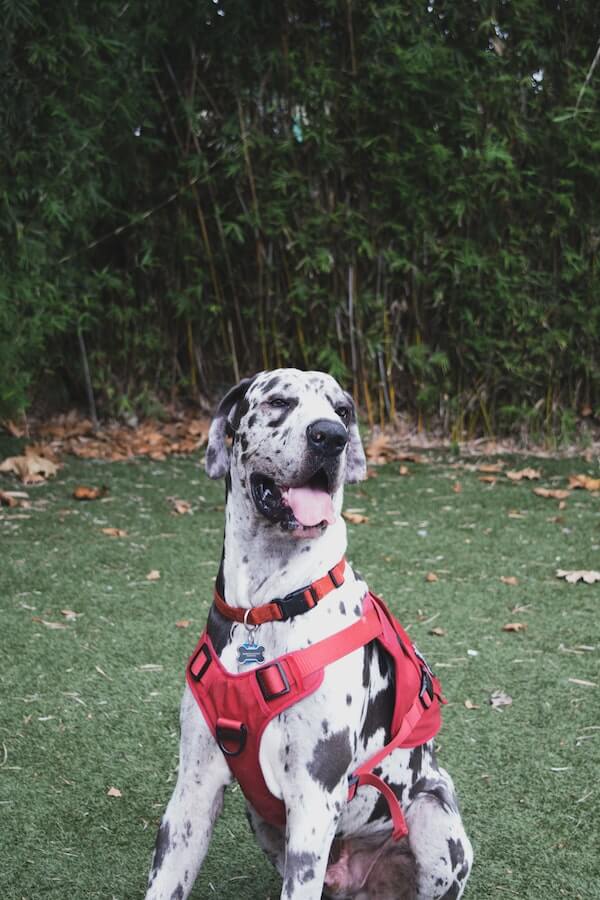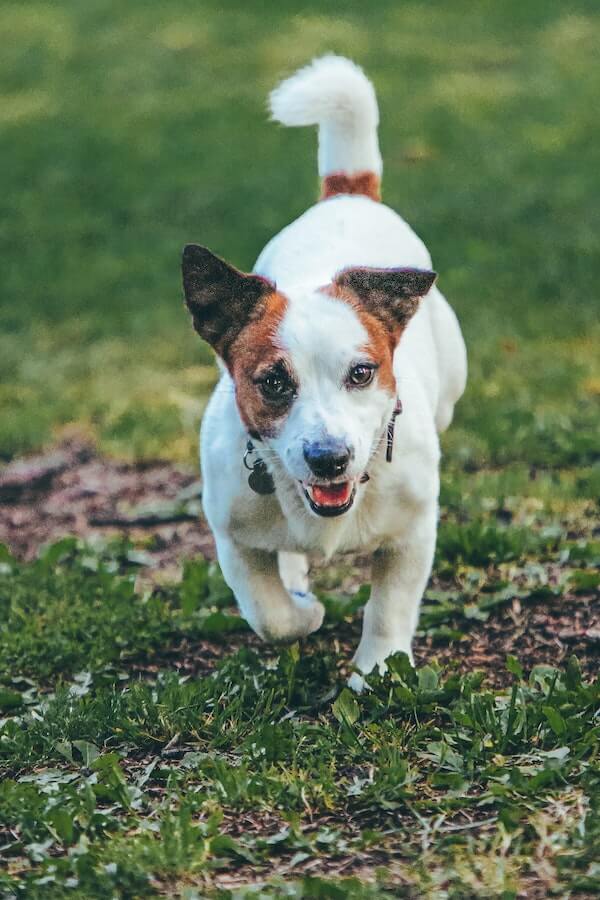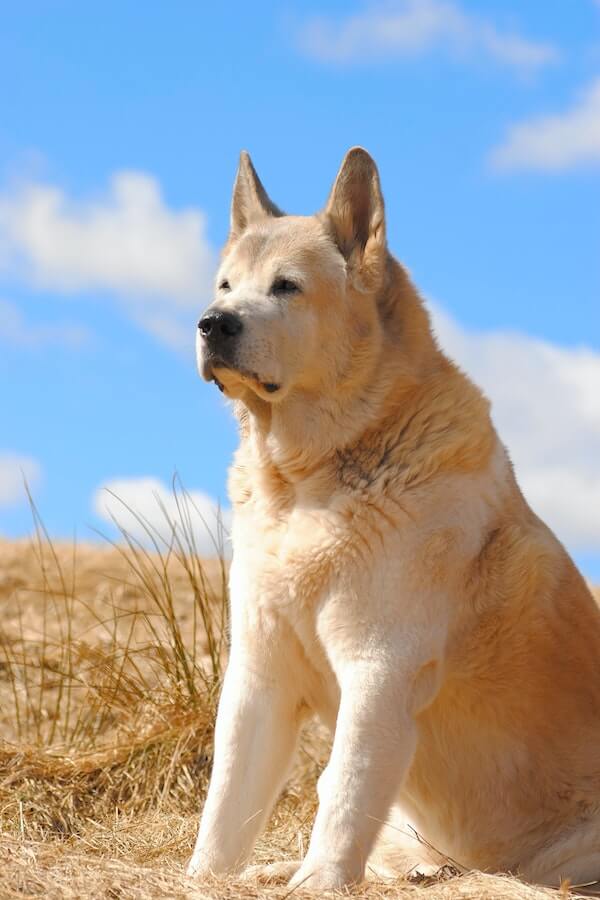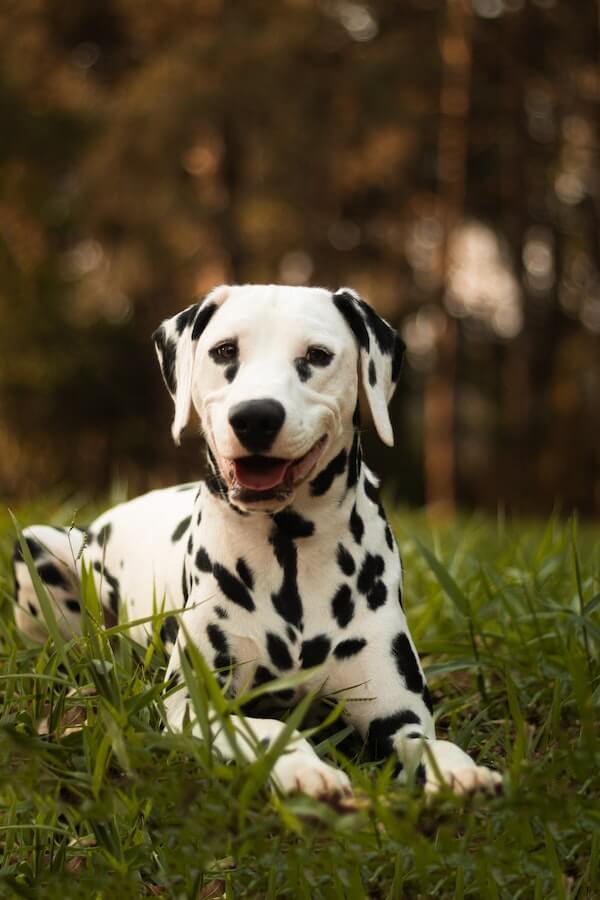
When it comes to choosing the best companion for your golden years, there are some dog breeds that just don’t make the cut.
From high-energy pups to dogs with special dietary requirements, these breeds may seem like a good fit at first but can quickly become a burden for senior owners.
Here’s a list of worst dog breeds for seniors – think twice before bringing one of these pups into your home!
Is it good for seniors to have a dog?
Having a dog can be beneficial for seniors in many ways. Studies show that pet ownership has been associated with lower blood pressure, lower cholesterol, and fewer visits to the doctor.
Dogs are also shown to improve mental health by providing companionship as well as providing structure and routine.
Having a furry companion can also reduce feelings of loneliness by providing unconditional love and attention – something that often becomes more rare as people age.
Finally, owning a dog can provide a sense of purpose to seniors. Caring for your pet can give you something to look forward to each day and can be an important part of one’s identity.
What Characteristics Make a Breed Unsuitable for Seniors?
There are certain characteristics of a breed that can make them unsuitable for seniors. They are as follows:
1. High Energy Requirements:
Some breeds have a much higher energy requirement than others, making them less suitable for seniors who may not be able to keep up with their demands.
2. Size:
Large breeds require more space and can cause problems with mobility in tight quarters like apartments or small homes.
3. Intense Grooming Needs:
Dogs with long, dense coats need regular grooming which can be too time-consuming or physically demanding for seniors to manage on their own.

12 Worst Dog Breeds For Seniors
There are various breeds that may not be the best for seniors due to their physical or behavioral characteristics.
1. Great Dane:
These large, powerful dogs require ample space and lots of exercise, making them a challenging breed for elderly owners.
The amount of energy needed to keep the Great Dane happy is often too much for seniors with physical limitations.
2. Husky:
With their thick fur and high endurance, huskies are built for colder climates and need plenty of daily outdoor activities.
Caring for a husky involves regular grooming – something that can be hard on someone with limited physical capabilities or mobility issues.
3. Rottweiler:
Despite their bad reputation, this loyal breed can make great companions.
However, they are fiercely protective which means they may become aggressive towards strangers or other animals if not properly trained. This can be a difficult task for seniors, making the Rottweiler an unsuitable breed.
4. Boxer:
Boxers are known to have boundless energy and require plenty of daily activities which may be too much for most elderly owners.
In addition, they need firm training to stay obedient and prevent any destructive behavior.
5. Jack Russell Terrier:
The stubborn streak inherent to this loyal breed makes them difficult to train, even more so than some other breeds on this list.
Their small size also means they don’t do well in households with larger dogs or children, which can make living with them stressful for their owner.

6. Corgi:
Despite their stocky build and muscular legs, corgis are relatively low-energy dogs.
This makes them a good choice for seniors who want a companion but don’t necessarily have the physical capabilities to care for an overly active breed.
They also bark a lot making it difficult for elderly people to mange them.
7. Vizsla:
These lean and agile dogs require more exercise than many other breeds on this list, making them unsuitable for elderly owners with mobility issues or limited time.
They are also extremely sensitive and need lots of attention which can be difficult if the owner is away often due to health issues or appointments.
8. Akita:
With their huge size and thick double coat, Akitas need plenty of space to roam around in as well as regular grooming sessions that may be too much for most seniors.
They can also be aloof and difficult to train, making them hard to handle for those who are not experts in the breed.

9. German Shephard:
These dogs are loyal and intelligent, but come with an independent streak that makes them difficult to train.
They need lots of attention as well as plenty of physical activities which elderly owners may have trouble providing.
10. Doberman:
This breed is known for their loyalty and courage, but they can be aggressive if not properly trained from a young age.
This makes them unsuitable for seniors who don’t have the energy or time available for training sessions on a regular basis.
11. English Bulldog:
While they may look intimidating with their large head and muscular body, bulldogs are known to be gentle and affectionate companions.
However, they need to be watched closely due to health issues associated with the breed such as breathing difficulties or joint problems which can be hard on elderly owners.
Dalmatians, unfortunately, did not make it into our list as they require lots of grooming and exercise, making them unsuitable for most seniors.
12. Dalmatian:
These beautiful dogs need plenty of exercise and lots of grooming which can be too much for seniors.
They also require firm training to stay obedient, something that elderly owners may not have the time or energy to do.

Conclusion
When choosing a dog as an elderly companion, it’s important to take into consideration how much physical and mental activity you are able to provide them.
These worst dog breeds for seniors listed above should be avoided if you cannot commit to a certain level of training and care. If you’re looking for a low-maintenance companion, consider smaller breeds such as Pomeranians or Chihuahuas who don’t require too much exercise or attention.
Otherwise, there are many other gentle yet playful breeds that would make loyal companions for seniors – just make sure to research thoroughly before deciding on the right one for you!


GIPHY App Key not set. Please check settings